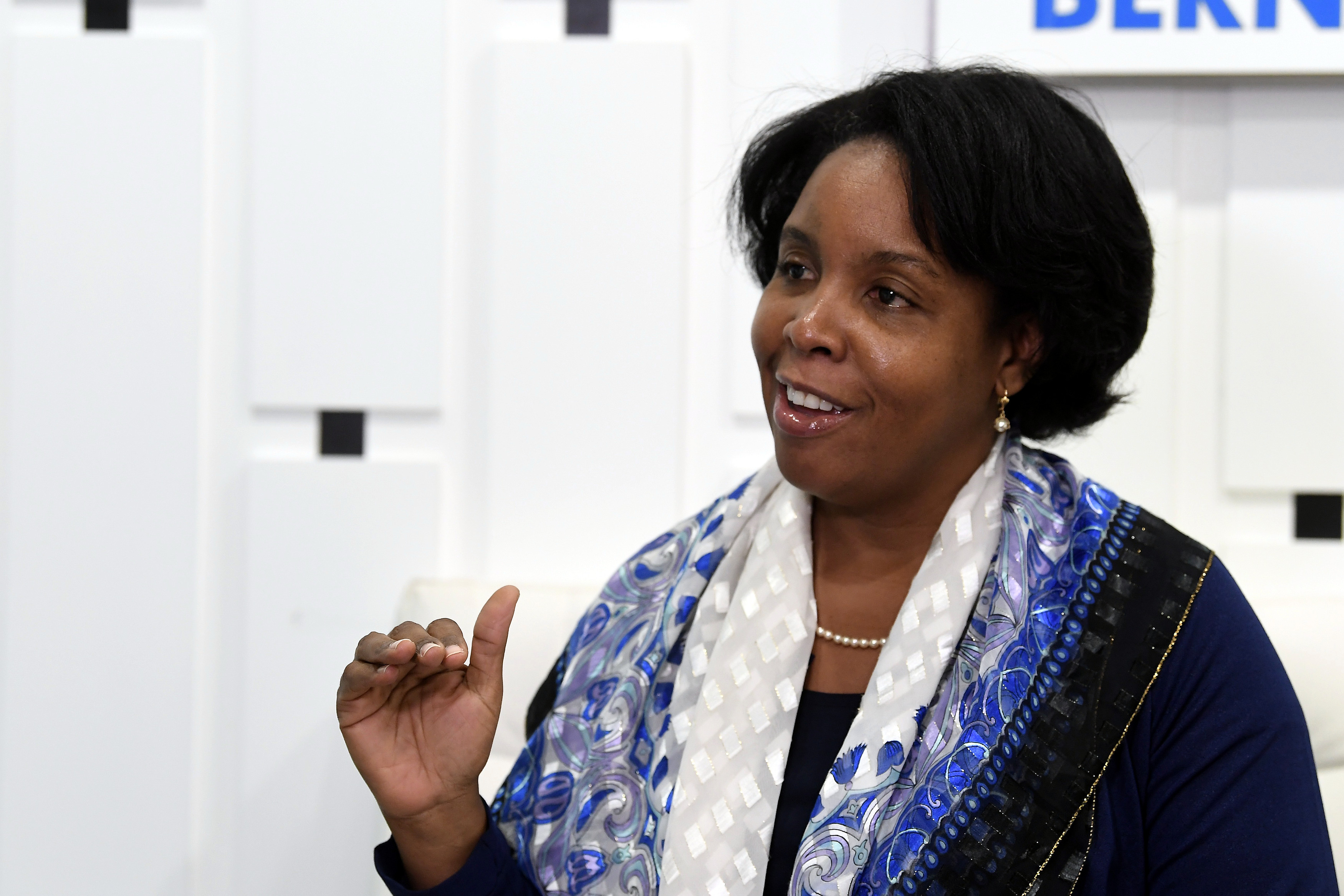
By Samantha Tan
KUALA LUMPUR, March 8 (NNN-BERNAMA) — Women in Cuba played a significant role in the development of the Caribbean island nation after the 1959 Cuban Revolution.
This was reflected in today’s labour force of Cuba, where about 49 per cent are represented by women compared to about 13 per cent before the Revolution (1953).
Cuba’s Ambassador to Malaysia Ibete Fernandez Hernandez said in an interview with Bernama International News Service recently that the representation of women in Cuba’s Parliament, at 53.2 per cent, is a remarkable achievement. This ranked Cuba second among the world’s Parliaments in women MPs representation, with Rwanda having the most women in Parliament.
Some 50.1 per cent of Cuba’s 11.5 million population are women.

“Cuba was also the first country in the world to sign and the second to ratify the Convention for the Elimination of all forms of Discrimination against Women (CEDAW),” she noted.
“Women represent 67.2 per cent of professional and technicians in Cuba, 81.9 per cent of the labour force in education sector, 78.5 per cent in the health sector, and 53 per cent of researchers in science and technology, while 64.2 per cent of Cubans who serve in international missions around the world are also women,” she said in the interview, held in conjunction with International Women’s Day.
International Women’s Day is celebrated annually on March 8 to recognise women’s achievements and contributions to the social and economic development.
Fernandez said that one of the most notable women in the Cuban government after the revolution was Vilma Espin, the wife of former president Raul Castro. Espin, who died in June 2007, was the founder of the Federation of Cuban Women (FMC).
The ambassador said the mechanism for the advancement of women in Cuba was the FMC, which brings together more than four million women, and that Cuban women enjoyed the right to vote since 1934.
The FMC is a non-governmental organisation with special consultative status at the United Nations Economic and Social Council (ECOSOC).
“Cuban women also enjoy the necessary services for family planning. Recently the maternity and paternity laws were reviewed and its leave was extended until the baby is one year old. It gives the mother, father and grandparents the possibility of sharing the care of the child,” she explained.
Hernandez said despite challenges, women around the world have been able to increase their participation in the economic, social and political fields.
She said a better future will be possible when all human beings could enjoy the rights they are entitled to, especially access to education and health.
“I see the possibility of changes in the legislation that governments can make and in a greater participation of women in the decision making bodies where they can address their own challenges for the advancement of women,” she added.
— NNN-BERNAMA
